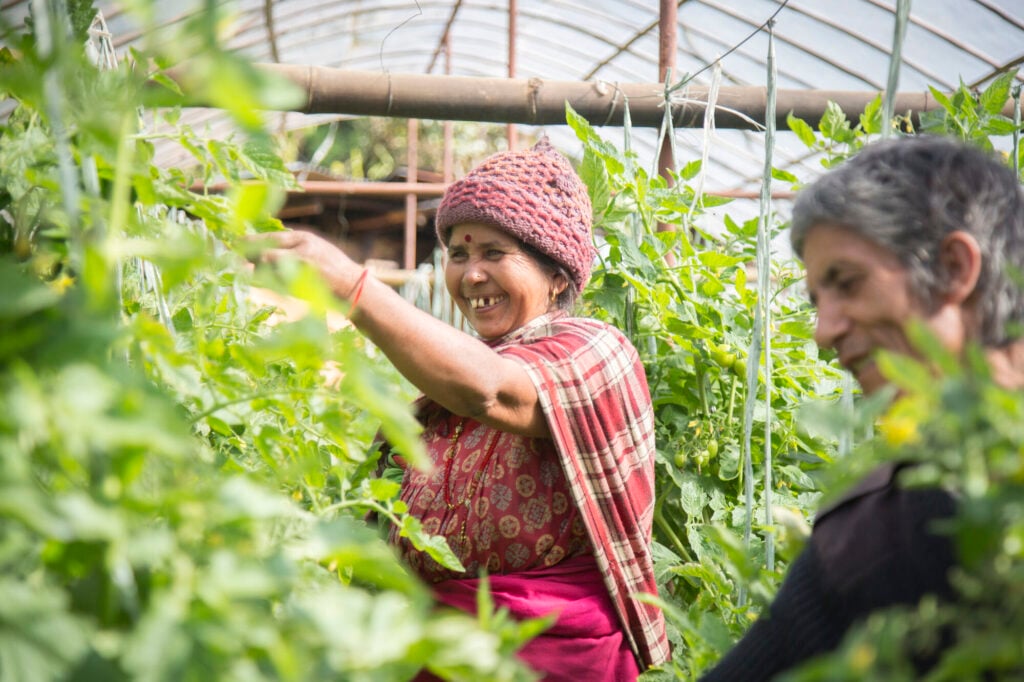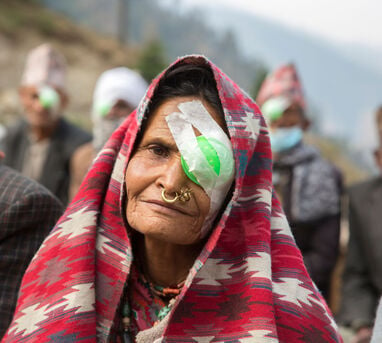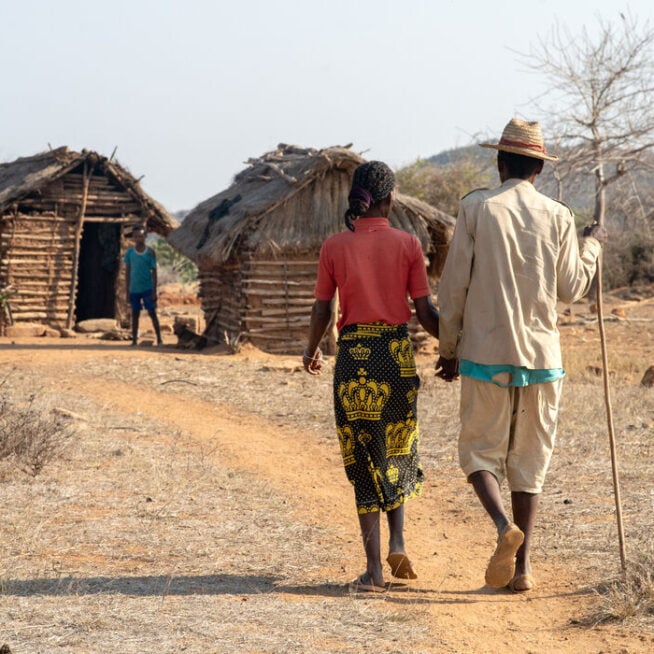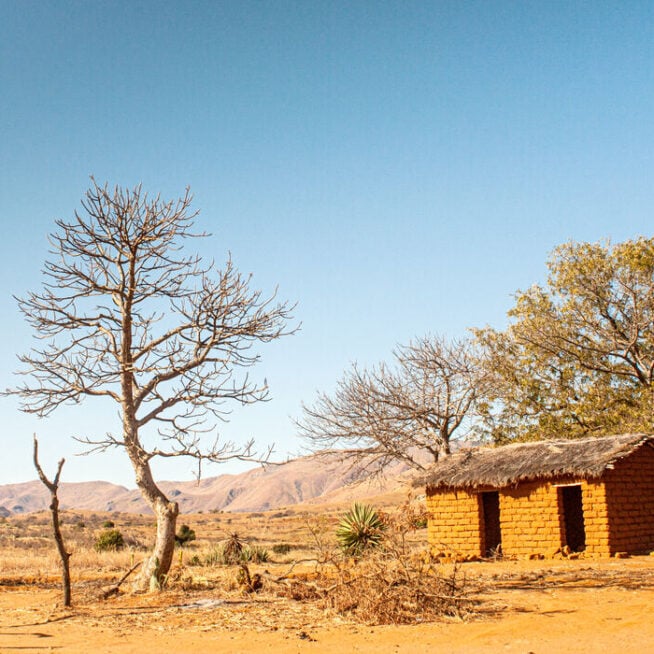People with disabilities are among the hardest hit by climate change. Yet too often they are left out of decision making around climate planning and responses, including mitigation and adaptation, that shape our collective future. As we approach COP30 this year in Brazil, CBM UK reflects on what COP is, why it’s important, and what it means for people with disabilities across the world.
What is COP30 and why does it matter for people with disabilities?

What is COP?
The annual Conference of the Parties (or ‘COP’) is the gathering of all countries that have signed up to the United Nations Framework Convention on Climate Change (UNFCCC). It is their global “check-in” on climate change. Governments meet to assess progress, and negotiate next steps on commitments to actions to tackle global warming.
COP happens because the climate crisis is a global challenge that requires a coordinated action on mitigation, adaptation, loss and damage. Without a global forum like COP, and the challenges it brings, efforts would be more fragmented and the risk of dangerous global warming increases.
Why does it matter?
Decisions taken at COP influence policies and investments around the world – they shape how governments respond to rising sea levels, heatwaves, floods, droughts, shifting crops and ecosystems. What happens – or doesn’t happen – because of COP impacts millions of lives.
There are around 1.3 billion people with disabilities globally who are up to four times more likely to lose their lives in extreme weather events. That’s why they are particularly affected by decisions made at COP. Climate change also intensifies existing inequalities, further limiting access to food, safe water, healthcare education, adequate housing and social protection systems.
CBM UK at COP
CBM UK has been an accredited observer of COP since 2021. An accredited observer is a non-governmental entity that has been formally admitted by COP to observe the climate-negotiation process as a “non-Party stakeholder”. It means we can be physically or virtually present at COP, network with Parties and other stakeholders especially those involved in the disability movement, and seek to ensure disability-inclusion perspectives are heard.
Together with CBM Global and alongside our local partners, our aim is to:
- Amplify calls to action of the disability movement through the disability caucus
- Support people with disabilities and their representative organisations to attend and speak
- at side-events hosted by us, Governments and others to raise awareness of disability rights within the context of climate change
- Advocate for change by speaking to Governments and networking with other climate action partners, especially on disability inclusive approaches
What has been achieved so far?
Over the past few years, we have seen signs of progress, including:
- At COP28 in 2023, the final outcome document explicitly recognised that Parties should “respect, promote and consider … the rights of persons with disabilities” when taking action to address climate change.
- Civil society and disability-rights organisations have organised themselves and achieved greater visibility at COP: for example, the International Disability Alliance (IDA) and others have called for formal recognition of people with disabilities as a constituency within UNFCCC processes.
- More policy briefs and evidence have emerged from a wide range of sources drawing attention to the intersection of disability and climate change.
What are we hoping for from COP30?
There are a number of areas that the disability caucus is seeking to call for at COP30 – all of which can be viewed here. We support all of these, whilst paying particular attention to the following two:
1. A just transition
This means making sure the shift to a greener, cleaner world happens fairly, so that no one is left behind. As countries move away from fossil fuels and adapt to climate change, there will be big changes in jobs, energy systems, infrastructure, and communities. A just transition means those changes will protect people’s rights, livelihoods, and dignity – especially for those who are already at risk of being excluded or harmed. At CBM UK we believe this transition must be inclusive of people with disabilities.
2. Constituency status
We are also continuing to call for formal constituency status for disability at COP. Being recognised as a constituency would allow the disability movement to be present at and speak within in the most important negotiations; influence policy, finance and technical discussions with lived-experience input, and bring attention to the specific risks, barriers as well as solutions needed for people with disabilities in climate action.
An opportunity for action
COP30 is an opportunity for governments to listen to civil society’s call for decisive climate action, and a just transition that leaves no one behind. Whatever the outcome, we’ll be supporting the disability movement as it continues to call for a truly inclusive response to the climate crisis.
Find out more about our work at COP
Read our policy paper ‘Locating Disability Inclusion in Climate Action’



